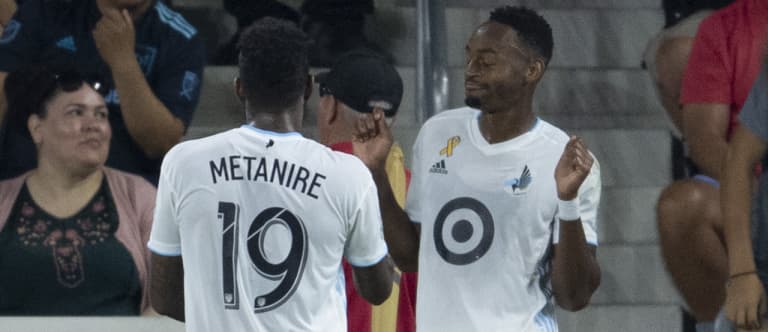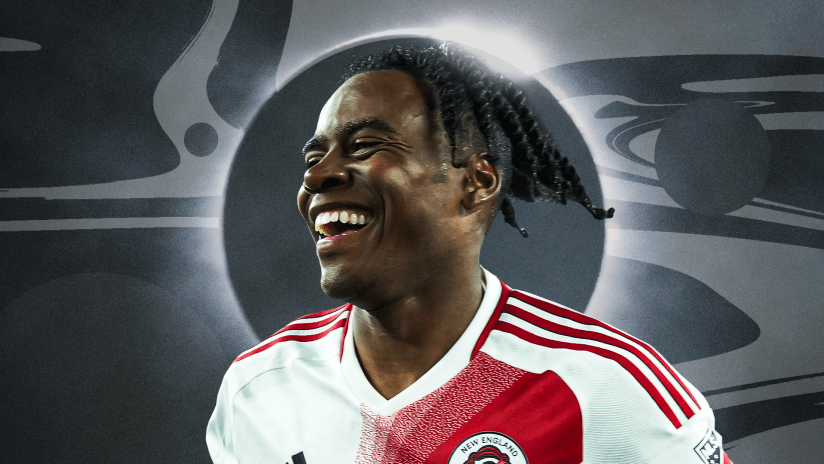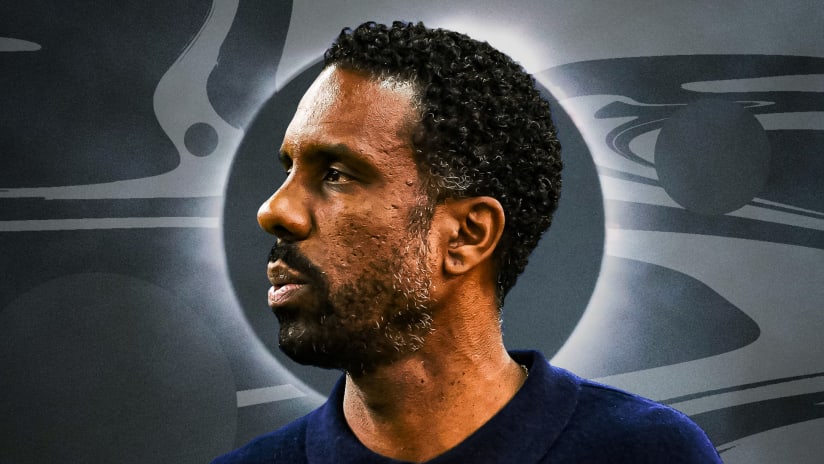During the Black History Month roundtable, I was careful to minimize myself as much as possible, for the simple fact that we had four athletes present and in the given time, it would already be difficult to showcase all four as much as possible without me interjecting with my personal opinions. Plus, I was sure that the topics which were important to me would still come up by the nature of the discussion and explored as a group project from four different perspectives.
But if we had more time, and I was given the opportunity to give a mission statement for the conversation, I would have made it a point to state that the entire project was one of freedom. That more than revealing the different societal pressures that afflict Black people in America and in sports, it was an effort to move toward a notion of justice and liberation.
There was an exchange during the roundtable where Mason Toye stated that what he wants is to be able to freely express himself on the field, to be able to dance and have fun without having it denigrated on the same racial grounds that demonize black culture. He wanted the comfort of being himself.
At that point, DaMarcus Beasley urged him to continue doing those things on the field. Because, just as Beasley had been an inspiration and hero to other Black kids in the past, through his own self-expression, Toye also has that power. A power that resides in being, but which is often made radical and controversial by the fact that the society at large sees that being as threatening and of a lesser quality.
Toye is able to do what he does now, and has the chance to be able to choose who he wants to be and how he wants to be depicted, because players like Beasley came first to push against the old world that put limitations on Black athletes.

The roundtable was an effort to explore the different dimensions of the collective fight against racism. There are shared experiences under the umbrella of Black, but the conflicts also change when other identities, such as being a woman or child of immigrants, are present. Beasley, Ike Opara, and Jessica MacDonald have their commonalities, but there are distinct differences. We will all be made better when we acknowledge and understand those distinctions.
I wanted for us to talk out those individual experiences in order to build a pathway towards a collective deliverance. So that we could build a better world for people like Toye and the generations to come.
This liberation is not just in the favor of Black people across the world, but it is a deliverance from the afflicted world that we live in. We would be making the world a better and more interesting place in total. In the same way that soccer in the United States has lost so much talent and appeal by not integrating minorities as well as it should have, the grander world loses so much quality through the same callousness.
It would be a shame, though, to reduce the idea of freedom to what benefits organizations or the world in a tangible way. A fight for freedom is one of justice, and justice is founded on equality. Creating a just world is an effort to be fair to the lives of humans within it.
That deliverance shouldn’t be the burden of those people in the conversation and people like them, since they have committed no crime, but want to exist and have the opportunity to thrive. Yet it is necessary that people like Beasley, Opara and MacDonald can and are willing to provide inspiration to the next generation to continue the fight. The world never changes willingly. But that fight also requires the assistance of allies. It is not enough for those allies to acknowledge that the world is not fair for others, they must also join in the fight in whichever way they can.
In terms of the world of soccer, that fight can involve things as obvious as the ones we mentioned in the talk: granting opportunities to minority candidates, taking their claims of racism seriously and pushing for them to be addressed, or building welcoming environments where Black athletes feel comfortable enough to be themselves.
In an interview with Extratime after the roundtable, I made a comment on why I thought this collective deliverance is important in soccer. Which was that soccer already has the notion of inclusivity built within the philosophy of the game. The game is beautiful not only because of the skill and moves displayed on the field, but because it is inviting to any and everyone who wants to participate.
We are lovers of a sport of expression. Of creativity. Yes, but soccer is also the beautiful game because discrimination doesn’t exist in its ideal. It is a collective failure when we let bigotry infringe upon the game. There is a demand then from anyone who is involved to protect those principles of inclusivity, of openness, and self-expression, to work towards that perfect view of the sport, which starts by making sure the disease of bigotry doesn’t find itself settled and comfortable in our world.
At the end of the roundtable, we came to the conclusion that “being Black is cool as shit.” It would be wonderful if we could make a world where the truth of that conclusion could be showcased on the field and society without the constant pressure of racism and fear of Black people and Black culture. What I want after the conversation and in general for our world, is to embrace and enhance the joy that was in the room with me and those four athletes, where we all felt recognized and free to be ourselves.












